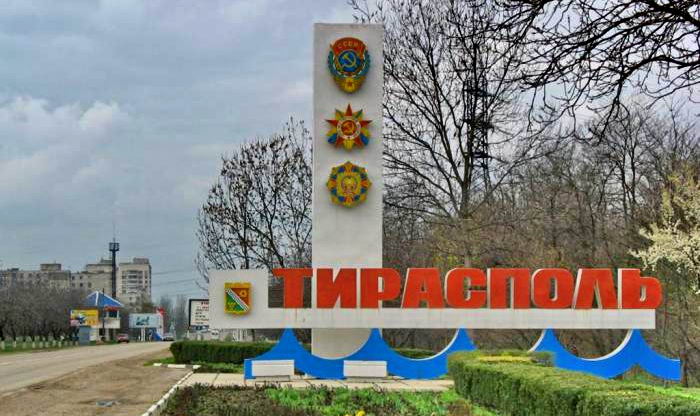A severe energy crisis that began on 1 January 2025 in Russian-controlled Transnistria appears to be part of a broader Russian strategy aimed at influencing Moldova's political landscape, European Pravda reports in an analysis published on 7 January 2025.
Moscow has not taken steps to resume the gas flow despite having technical capability to restore gas supplies through the Trans-Balkan corridor via Türkiye, Bulgaria, and Romania to Moldova after Ukraine halted Russian gas transit through its territory.
The Russian embassy in Chișinău issued a statement emphasizing that "protection of Russian citizens and compatriots is an absolute foreign policy priority," European Pravda notes, adding that most Transnistrian residents hold Russian passports.
Moldovan Prime Minister Dorin Recean told European Pravda during a briefing on 6 January that while Chișinău hasn't specifically requested assistance, they would welcome any help, including potential coal supplies to the power plant in Kuchurgan if Transnistrian authorities request it.
Russia may partially restore gas supplies to promote pro-Russian politician
Sources told European Pravda that the Kremlin may be preparing to partially restore gas supplies to Transnistria, potentially presenting it as an achievement of a pro-Russian Moldovan politician ahead of the country's parliamentary elections in autumn 2025.
The de facto authorities of Transnistria in Tiraspol have rejected official proposals from Chisinau for assistance in gas purchases, despite Moldova's offers to help secure Western financing to address the price shock, the publication reports.
According to the analysis, Russian propaganda efforts currently focus on blaming Moldova's President Maia Sandu and Prime Minister Recean for the crisis, falsely claiming they refused to negotiate with Moscow. The publication notes that in late November, the government had sent a delegation led by the energy minister to Russia for these negotiations.
EU integration prospects
The crisis could have significant implications for Moldova's European integration prospects. In a 2024 referendum, just over 50% of Moldovan voters supported the European path. The addition of Transnistria's predominantly pro-Russian electorate in future voting could significantly alter this balance, per European Pravda.
Former Moldovan president Igor Dodon, who is known for his pro-Russian stance, could potentially become a candidate backed by the Kremlin, though he has currently refrained from making statements about the Transnistrian situation, the publication notes. Other potential figures include former Gagauzia leader Irina Vlah and wanted fugitive oligarch Ilan Shor, who has reportedly become Moscow's favorite in recent years.
What Ukraine should do
The publication suggests that Ukraine could potentially offer humanitarian gas supplies of up to 2 million cubic meters daily to Transnistria, which would be sufficient for heating, hot water, power generation for the region, and operation of critical businesses such as bakeries. This amount represents a small fraction of Ukraine's stored gas reserves, which officially stand at over 12 billion cubic meters.
Related:
- Russian gas cutoff triggers rolling blackouts in Moldova’s Russian-controlled Transnistria
- Moldova’s Russian-controlled Transnistria return to wooden rural stoves amid Russian gas cutoff
- ISW: Ukraine’s gas transit halt to cost Gazprom $6 billion as Turkstream becomes only route to EU
- Russian-backed Transnistria rejects EU gas despite supply crisis
- Politico: Russian gas cutoff leaves Slovakia stable despite Fico’s fearmongering
- The end of an era: Russia loses its gas grip on Europe
- Gas supply ends in Moldovan Transnistria after Ukraine halts Russian gas transit
- “Historic event”: Ukraine halts Russian gas flow to Europe
- Bulgaria promises aid to Moldova after Russian gas supply halt

